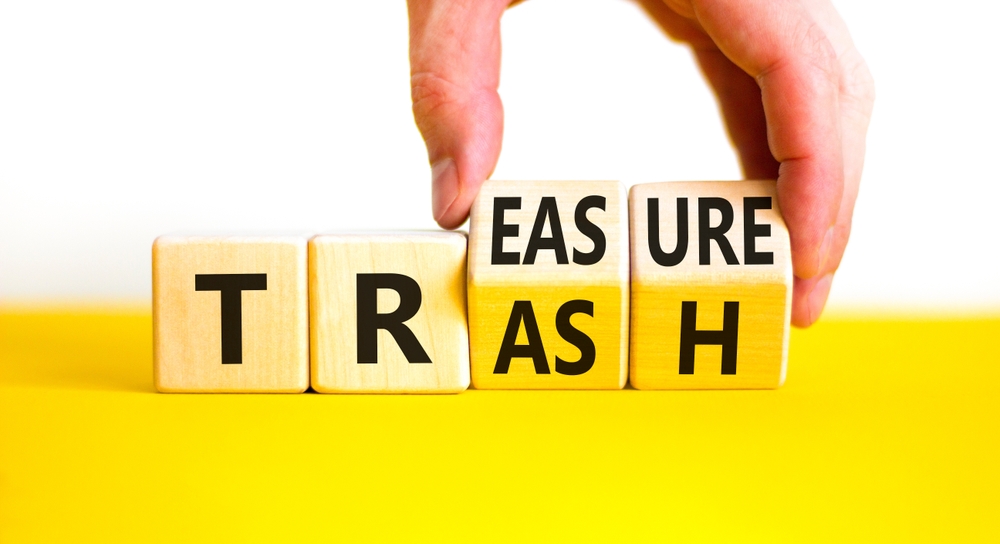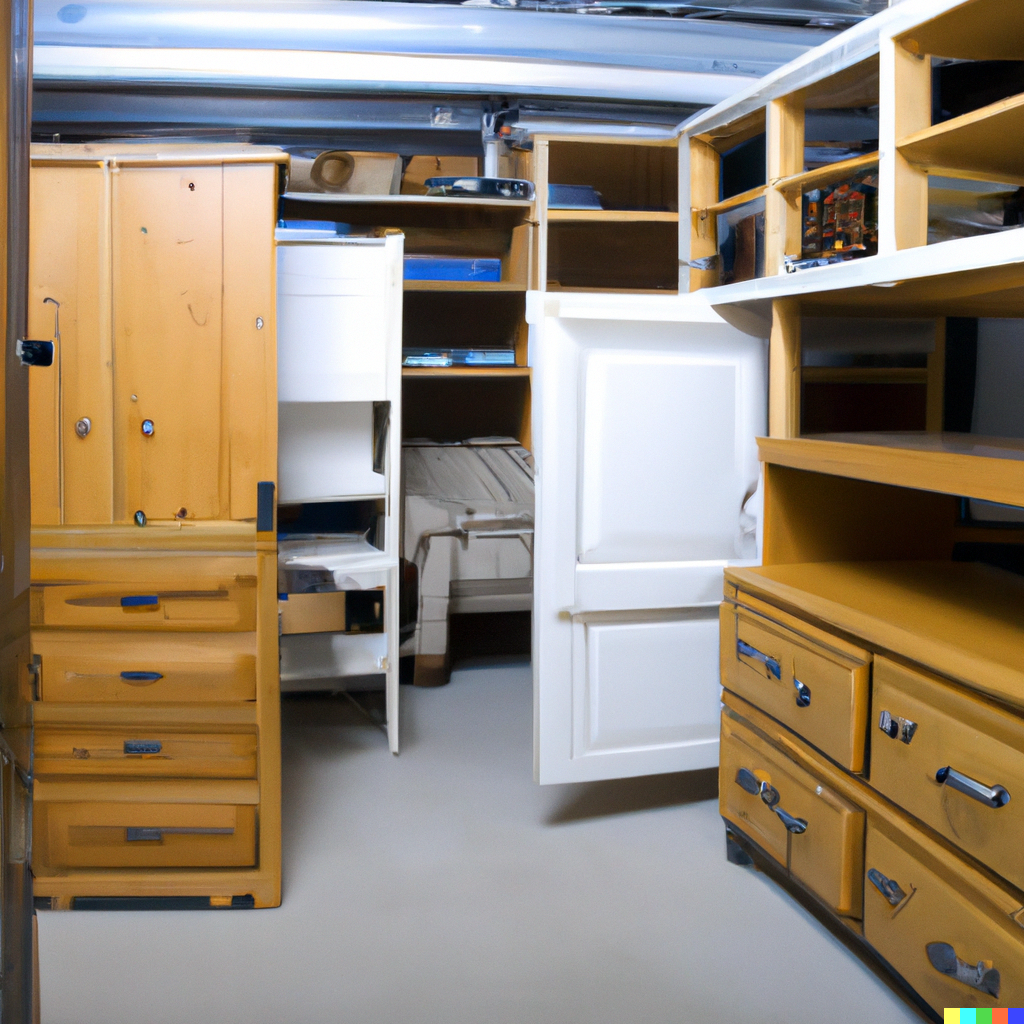BLOG
Finds and Interests

Image: Shutterstock
Here’s your chance to step into the role of advice columnist. What are your thoughts on this situation?
Browsing through a newspaper last week, the headline of an advice column caught my eye: “Family treasures in ‘storage’ actually went to the dump.”
My, my. How many times have we heard this tale of woe in recent years? Maybe I’ve heard it too many times. Perhaps I’m jaded. But my reaction to the exchange was that the advice was really dumb. First, let me give a few details. Then I’ll share what is missing from the conversation.
The gist of the complaint was that the parents were going into assisted living, and the house needed to be emptied and sold. Daughter #1 decided that daughter #2 should empty the house and store all the furniture in case someone needed it. Moving and storage expenses were to be assumed by daughter #2. Daughter #2 kept what she wanted and took the rest to the dump. Daughter #1 felt betrayed.
The advice columnist suggested that daughter #2’s response was an “act of pragmatism and compassion, not betrayal.” Of course, this answer addresses the animosity of the situation (which is what the writer wanted advice on).
I want to talk about something that wasn’t covered in the story: Why did daughter #1 see treasure and daughter #2 see junk? When does an heirloom become a treasure?
Two Aspects of Treasure
The sibling dispute above exemplifies the adage, “one man’s trash is another man’s treasure.”
The first is that some heirlooms have financial value. Antiques, for example, may come with a price tag that reflects their age, rarity, condition, and demand. And even if an heirloom isn’t particularly valuable in and of itself, it can often be sold to a collector or dealer who will find value in it.
The second aspect of treasure is sentimental value. These items are priceless because they evoke strong emotions within the family or represent a wonderful memory from childhood. It’s hard to put a price on these kinds of things because they are so personal. That doesn’t mean they’re worthless; they just don’t have any monetary value.
These two aspects sometimes conflict, causing rifts in families when decisions need to be made about what heirlooms will stay in the family and which ones won’t. But one thing is certain: heirlooms always carry some value—financial or sentimental—that must be respected by those who possess them.

Source: public domain
What to Do with Estate Heirlooms
Decisions regarding the disposition of estate goods cannot be made unilaterally. First, an accredited estate professional should have evaluated the personal property.
Then, the siblings should have gathered—in person or virtually—to discuss what would be kept, sold, and donated. In this fashion, the heirlooms—those items with emotional value—could be held in the family. Items with greater monetary than emotional value could be sold or donated.
The advice columnist’s response was wrong: there was nothing pragmatic about daughter #2’s solution. Only trash should be taken to a dump. What’s your opinion?
Will Seippel is the CEO and founder of WorthPoint®, the world’s largest provider of information about art, antiques, and collectibles. An Inc. 500 Company, WorthPoint is used by individuals and organizations seeking credible valuations on everything from cameras to coins. WorthPoint counts the Salvation Army, Habitat for Humanity, and the IRS among its clients.